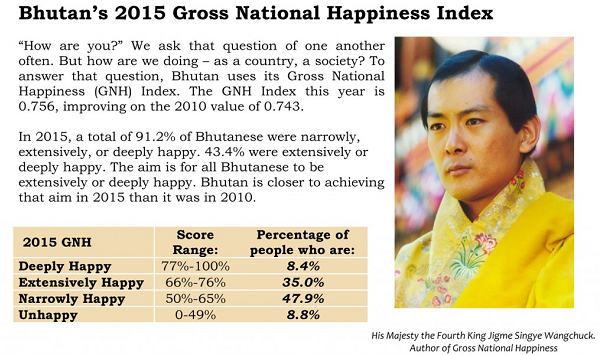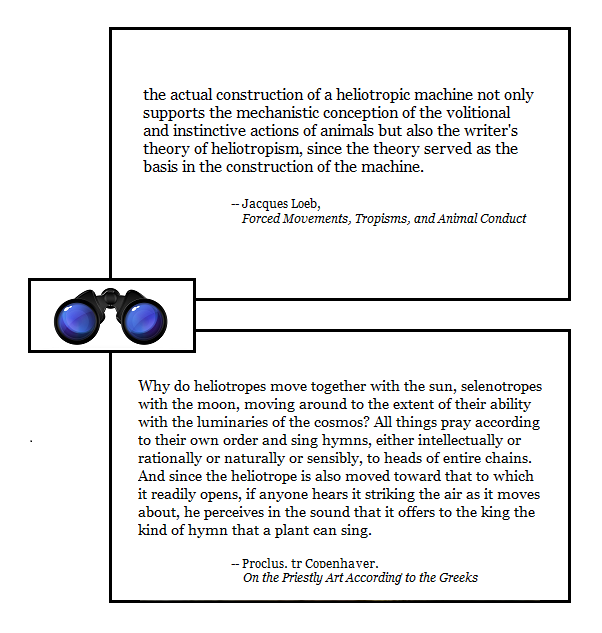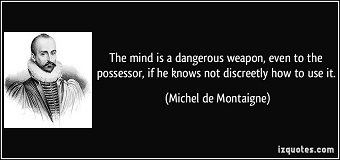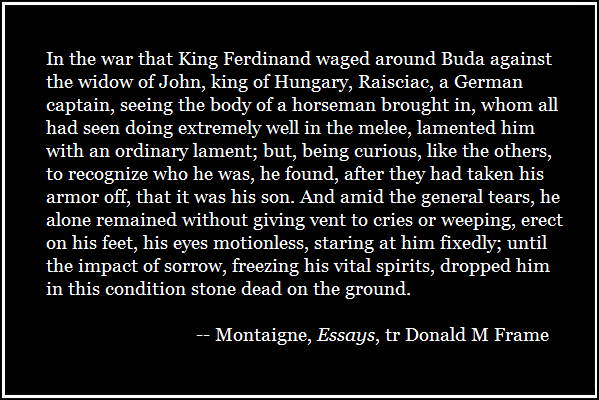Of blood and song
Sunday, April 10th, 2016[ by Charles Cameron — what carves memory? blood is spilled, song carries grief and anger across centuries ]
,
One hundred years ago, Irish blood was spilled in the Easter Uprising of 1916, as Sinéad O’Connor & The Chieftains call us to remember in The Foggy Dew:
As down the glen one Easter morn to a city fair rode I
There armed lines of marching men in squadrons passed me by
No pipe did hum no battle drum did sound it’s loud tattoo
But the Angelus bell o’er the Liffey swell rang out through the foggy dewThe bravest fell, and the Requiem bell rang mournfully and clear
For those who died that Easter-tide in the spring of the year
While the world did gaze in deep amaze at those fearless men but few
Who bore the fight that freedom’s light might shine through the foggy dew
While some may see in the Uprising a merely political fight, in song the religious element — Easter morn, the Angelus bell, the Requiem bell — add Catholic poignancy to memory.
**
One hundred years.
Memory can linger long past a hundred years, as we in our rush to be the first into the future may forget. Let the Chieftains again remind us, with O’Sullivan’s March:
Donal Cam O’Sullivan Beare marched in 1602 — as Shakespeare was penning All’s Well That Ends Well and Othello?
A doff of the cap is due here to blog-friend Pundita , who pointed me in the direction of this post with her own Don’t ask me why, because..:
**
Ah, but Pundita also deerves a bow for her most recent post, Can the griots lead us home? — wherein she pointed me to a music of great joy, that of Oumou Sangaré:
If you watch enough videos of Oumou singing (there must be a zillion of them posted to YouTube) you’ll see that in many of her performances she has a highly conversational way of singing. You feel as if she’s talking directly to you. Sometimes it’s as if she’s talking to you in the manner of a defense attorney making an argument to a judge; others as if she’s chatting about something over lunch with you.
Here is a hunting song:
Pundita notes:
I think the ability to set up a very personal communication through song is the mark of a real griot, although after watching about 50 of her videos I think Oumou represents a tradition that I suspect goes back much earlier even than the griot clans — to a time when certain people in a tribe were interlocutors between humans and natural forces and helped settle disputes between members of tribes, and did so through the power of their voices to project a wide range of emotions.
Mali, at a time of violent upheaval — yet such joy in dance and song:
**
We have statistics for which nations suffer the most losses in war and terror, which export the most weapons, which nations invade, and which are invaded — but what of joy?
Years ago, in a book that sank like a stone, I suggested the concept of a Subtle National Product. King Jigme Singye Wangchuck of Bhutan apparently beat me to it, when he declared in the 1970s:
Gross National Happiness is more important than Gross National Product.
His Majesty came up with the idea first, I now see and gladly admit — but I still prefer my own pohrasing!
Joy, it seems to me, isn;t easily quantified, although Bhutan does have an Index:
Here are some conparative stats across nations, ethnicities and faiths I’d be interested in:
deaths in warfare, civilian, irregular, and military numbers of children pressed into war numbers of those maimed, displaced and or grossly mentally disturbed by war depth of grief, as meaaured in forms of keening and ululation degree of exuberance, as found in music and dance, popular and professional ritual solemnity and grandeur, on religious and state occasions quantity of written poetry bought or borrowed from libraries size of audiences for spoken poetry readings number of poets (in particular) imprisoned for their writings
Qualitative equivalents of these values would also be of interest, though even harder to obtain and verify in any objective manner..








